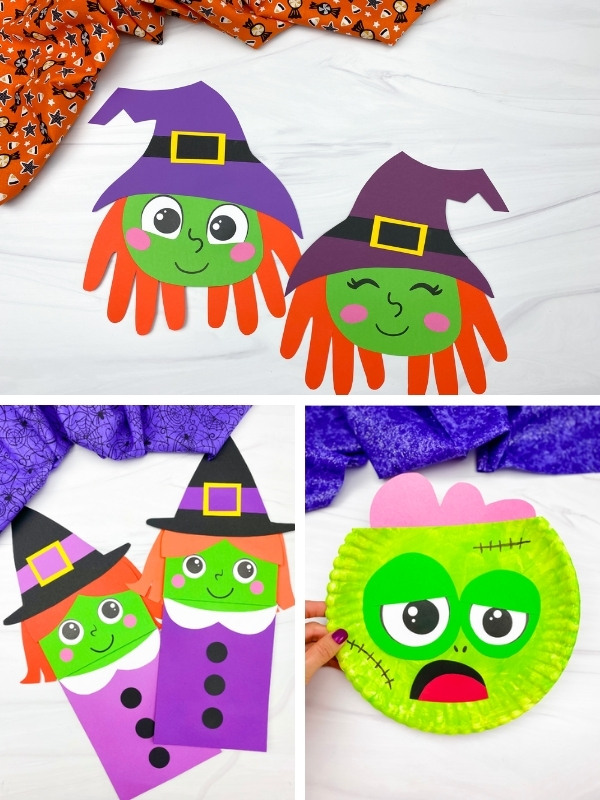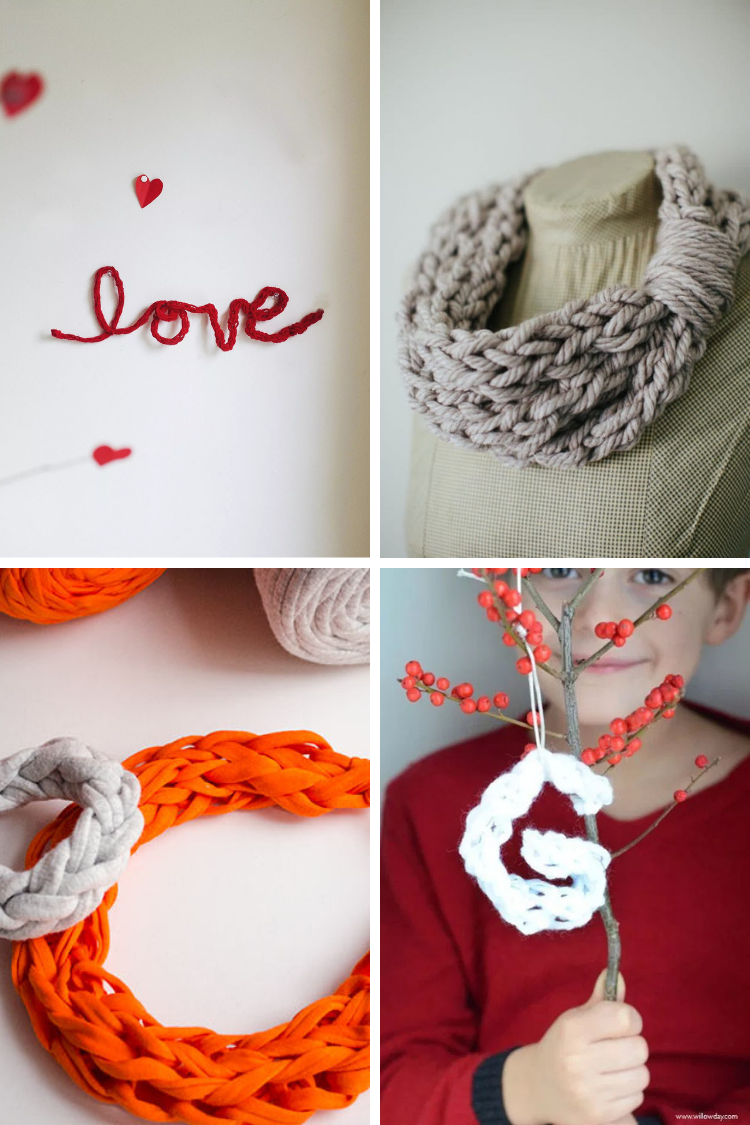
When you're looking for ways to make hand-eye coordination better, puzzles can help. Puzzles not only improve hand-eye coordination but also help with spatial perception and problem-solving skills. Best of all, they teach kids new things. You can learn more about puzzles that kids can enjoy and what you could do to make them even more educational. We will be discussing three important benefits of puzzles in this article. These are just a handful of the many benefits puzzles have for kids.
Puzzles improve hand-eye coordination
Children who enjoy puzzles develop hand-eye coordination. Because they must use their eyes and hands to work together, this is why puzzles are so popular with children. The brain uses these skills to help them perform actions, like walking and writing. Their puzzle-solving skills will be useful in the future. They also learn fine motor skills such pinching, gluing, and picking them up.
When children play with puzzles they learn to set goals, break down large tasks into smaller tasks, and how to accomplish them. They are taught to sort pieces by shape. This step by step approach helps them to be patient and feel a sense of accomplishment when they get the last piece together. This skill is important for later success, especially in school. Puzzle play helps children develop essential social skills, like cooperation and communication.

They improve problem-solving ability
While some puzzles can help develop problem-solving skills, others are just for fun. Whatever your child enjoys, puzzles can be beneficial for their overall development. In fact, some research suggests that puzzles can improve your child's critical thinking and build logical reasoning. Puzzles are fun and can help your child work together as a team. These three factors make puzzles an excellent choice for young children.
Children enjoy puzzles and learning about shapes, colors and patterns. By sorting and applying this knowledge, children are improving their cognitive development and building their vocabulary. These skills will allow them to communicate with their environment and to better understand it. And while they're at it, they'll learn to cooperate with other kids and communicate their strategies with each other.
They improve spatial perception
Children who play with puzzles improve their spatial perception. It is not clear exactly how. While some studies show that puzzles can help children develop spatial reasoning, others find no connection. They did discover that children who play with puzzles for long periods of time are more likely learn spatial reasoning. This may be because the child is unable to shift and sustain their attention.
The study's authors also found that boys engage with spatial play more often than girls. These activities include puzzles, blocks, and board games. It is still unknown how spatial reasoning is affected by these play activities. This finding may have implications not only for educators but also parents and the toy sector. However, they warn that further research must be done before any conclusions can yet be drawn. Further research is needed to determine the best educational strategies for children.

They allow children to learn new skills.
Puzzles are a fantastic way to teach children about new topics. Puzzles help children develop problem-solving skills by helping them to put pieces together. They teach children to take quick decisions and to use their observational skills. Puzzles are a great activity for kids who love learning new things. Here are some advantages of puzzles for children. Read on to learn how puzzles can help kids learn new things!
The cognitive skills your child develops when solving a puzzle are extremely important in math, reading, and other subjects. Puzzles can also teach children new shapes, animals, themes, and other concepts. These skills are vital in every subject, and puzzles can help you to build them. This helps children develop confidence by teaching them how to recognize patterns. Puzzles are a fun and enjoyable way to spend time together. For instance, a simple game of race through a maze or solve a riddle can foster family bonding.
FAQ
What are some hobbies that seniors might enjoy?
Senior citizens need to find things they like doing. They should also be active and take part in activities such as sports or other physical activities.
They may be interested in joining clubs to find people with similar interests. As they age, this will help them feel less alone.
Seniors should also keep up with the latest trends. For example, seniors could keep up with the latest fashions, art and literature.
What are some free resources I can use to learn more about hobbies
Many websites are dedicated to helping people find new hobbies.
Here are some of the favorites:
www.trythisathome.com - This site provides a list of over 100 different hobbies. It also provides information on how to get started in each one.
www.hobbyfinders.org: This website offers thousands of activities you can search by skill level, location, or interest.
www.indiebazaar.co.uk - IndieBazaar is an online marketplace designed specifically for independent artists and musicians. You will find hundreds of products that range from artwork to music gear on the site.
www.pinterest.com/explore/hobbies - Pinterest is a social media network that lets users "pin" images they find interesting onto their boards. Boards allow users to organize things they like into specific categories.
www.reddit.com/r/Hobbies Reddit enables users to post links and articles, as well as videos, on other social media platforms like Facebook. Users can vote on the posts they consider most valuable.
What does a hobby cost?
A hobby costs nothing but time. It can take many years to accomplish what you desire if you are serious about it.
But there is one thing you can do to help yourself. It's called "passion". If you have passion about something, it will make it easier for you to work hard.
It is possible to become addicted once you begin putting in the work. This is where the real fun begins. Because you are enjoying what you are doing and are constantly improving. You will likely have seen a significant improvement by the end the year.
So don't worry too much about how long it takes. Just go ahead and try. You might just surprise yourself!
What's a hobby for children?
Any activity that kids enjoy as a hobby is something they do outside of the normal routine. They might like to draw pictures, build things, paint, write stories, play with toys, read books, watch TV, listen to music, play computer games, ride bikes, skateboard, swim, climb trees, run around outside, play football, basketball, volleyball, rugby, cricket, baseball, soccer, hockey, dodgeball, rounders, tag, hide and seek, hopscotch, marbles, jump rope, hopscotch and many others.
Many parents worry that their kids will get into trouble when they're free to do what they want. This is not necessarily true. Your child will not get into trouble if he or she is safe and doesn’t cause any harm to other people or themselves.
It's important to remember that just because they like to do something doesn't mean that they'll always choose to do it. If they dislike writing but enjoy drawing pictures, they might opt to draw pictures.
There are many types of hobbies. It's up to you to choose one that you really enjoy.
What are collection hobbies?
Books, movies, music and comics are the most popular collections.
Collect stamps, coins, cars, dolls and action figures as well as art supplies, tools, jewelry, watches, gadgets and furniture.
I think you get the idea.
Statistics
- The intensity of the dialogue partners' bond at the end of the forty-five-minute vulnerability interaction was rated as closer than the closest relationship in the lives of 30 percent of similar students. (time.com)
- In comparison, men in the “no humor” condition were refused 84.6% of the time and were only accepted 15.4% of the time. (time.com)
- This 100% accurate personality-analyzing hobby quiz discovers your passion based on your characteristics. (quizexpo.com)
- A new survey by Pew Research Center of teens ages 13 to 17 finds that 36% of girls feel tense or nervous about their day every day; 23% of boys say the same. (pewresearch.org)
- I am 100% biologically a woman (discover.hubpages.com)
External Links
How To
How to find the right hobby for you
It is possible to determine if your hobby is the right one if you ask questions.
-
Do I enjoy doing it?
-
Does it bring me joy?
-
It is something that I would love to continue doing, even after I'm older.
-
Am I good at it?
-
Can I improve?
-
Would I recommend it to other people?
-
Is it going to bring me happiness?
-
Do you think it will allow me to relax?
-
Do I feel better?
-
It will teach me skills I can use later on in my life.
-
It could allow me to make new friends.
-
It will allow me to express myself creatively?
-
Are there any opportunities for me to learn?
-
Is it going give me confidence?
-
Is it going to give me a sense of accomplishment?
-
Is it possible to achieve financial success?
-
Will it enable me to travel?
-
Is it possible to go on new adventures?
-
Do you think it will motivate me to exercise?
-
It will it motivate me to work harder?
-
Can it motivate me and help me succeed?
-
Will it involve me in activities that I wouldn't normally consider doing?
-
Will it challenge me?
-
Will it be exciting?
-
Is it going to keep me fit?
-
Is it possible to save money?
-
It will it lower stress levels?
-
Can it keep you from boredom?
-
Will it free up my time?